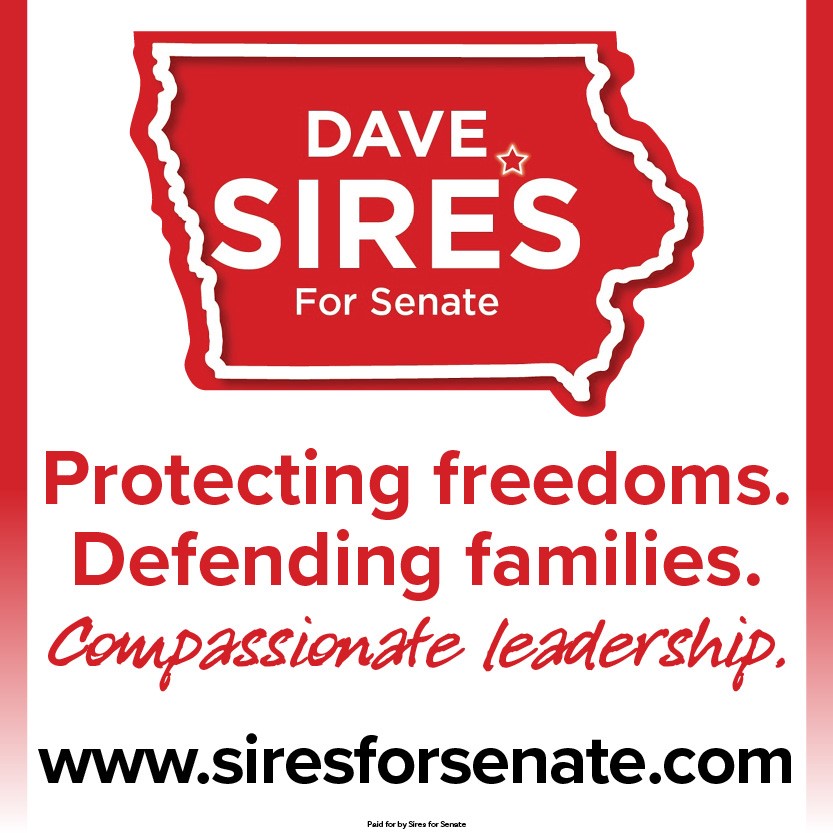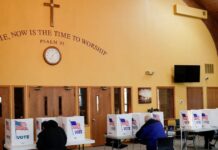First Liberty Institute and the law firm Lehotsky Keller Cohn LLP on Friday filed a friend-of-the-court brief at the Texas Supreme Court providing interpretation of a new provision of the Texas State Constitution barring government entities from prohibiting or limiting religious services. Texans adopted the provision in response to restrictions imposed by state and local governments during the COVID pandemic.
You can read the brief here.
“The Texas Constitution protects the right of religious organizations to operate without government interference,” said Josh Morrow, Counsel at Lehotsky Keller Cohn. “The people of Texas enshrined Section 6-a into the Texas Constitution to make explicit that the government may not suspend the foundational free-exercise right to religious services irrespective of any governmental interest it may invoke.”
“After being subjected to vast government overreach during COVID, Texans made clear that they do not want the government shutting down religious services,” added Hiram Sasser, Executive General Counsel at First Liberty Institute. “We want to make sure the Texas Supreme Court understands the importance of this new provision.”
In the brief, attorneys state, “Section 6-a categorically bars the government from forbidding or limiting bona fide religious services. Under Section 6-a, the government “may not enact, adopt, or issue a statute, order, proclamation, decision, or rule that prohibits or limits religious services” “by a religious organization established to support and serve the propagation of a sincerely held religious belief.” That bar applies no matter the government’s interest, and no matter the circumstances giving rise to the prohibition or limitation.”
















